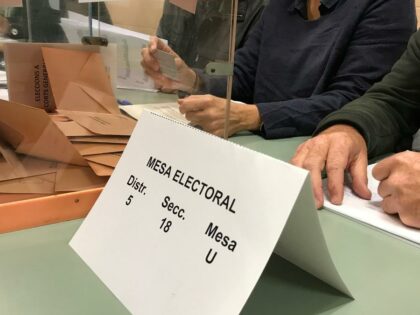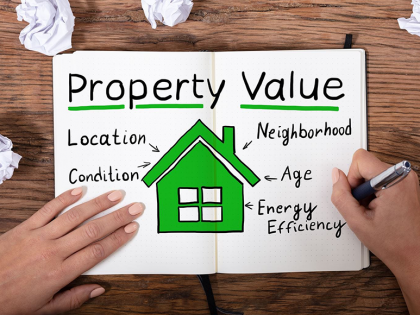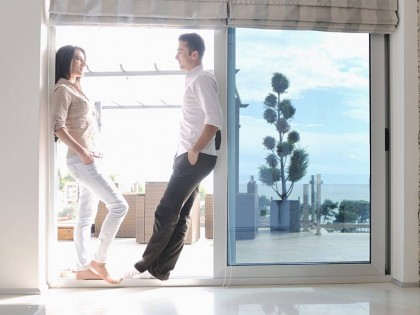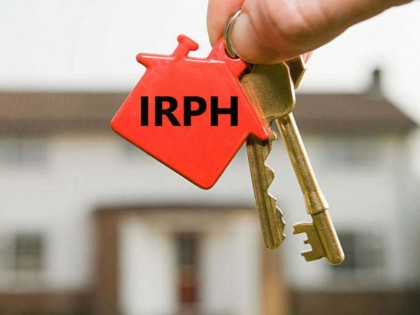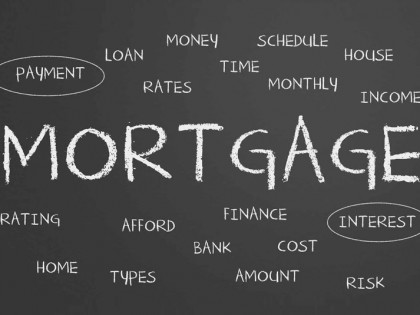If you’re going to sign a rental contract with the intention to use the property as a primary residence, it is important to know your rights and responsibilities, whether you’re an owner (lessor) or a tenant (lessee).
These rights and responsibilities are detailed in the Ley de Arrendamientos Urbanos (referred to as LAU, translated as “Urban Renting Laws”) as well as the Código Civil (CC, Civic Code. Here we detail the four essentials that should always been checked when renting:
Length of the rental contract
The duration of the rental contract (and how long you will rent the property) should always be agreed by both parties as a definite period of time. Both lessor and lessee can agree to any definite period of time, but if it is not defined, then the contract is understood to have a duration of ONE YEAR. Regardless of the initial duration, the lessee has the right to extend the contract by a minimum of three years.
This means that even though a duration of one or two years has been agreed, if the lessee chooses to stay in the property, they are able to do so without agreement from the lessor for a maximum of three years. Despite this, in the event that the contract enters into this obligatory extension for the lessor, after the first year of the contract they have the ability to request the property be vacated if it is needed as housing for themselves or their immediate family.
This situation can arise when the lessor is left without a primary residence or their children/partner wishes to leave the primary residence. These circumstances can also arise if the lessor lives abroad and wishes to return to Spain.
Paying rent
The main responsibility of the lessee is of course to pay rent in full and in a timely manner, which is stated in the contract and is usually on a monthly basis, by cash or bank transfer. Updating the rental fee amount can be done with prior notification from the lessor to the lessee, provided that it has been mentioned in the rental contract that such changes can be made. Despite the above being the most common way to pay rent, since 2013 article 17.5 in the LAUallows the lessor and lessee to agree to partial or full reductions in the rental fee in exchange for renovation or repairs made to the rented property.
When signing the rental contract, the lessee is also expected to pay a damage deposit on the property which must be equivalent to at least one month of rent, although both parties can agree to a larger amount or even other forms of guaranteeing the maintenance of the property’s good condition, such as insurance or warranties. In fact, the lessee has the responsibility to care for the property and ensure that no damages or wear and tear beyond what should be expected of day to day living occur. Breaching this agreement empowers the lessor to terminate the rental contract. Leaving the property uninhabited, subletting or leaving it to a third party without prior consent from the owner can also empower them to terminate the rental contract. The last situation when this can occur is if the property is being repossessed due to the owners financial situation.
If the rental contract was not presented to the Property Registry, the new owner of the property has the right, in good faith, to terminate the rental contract. The Supreme Court understands that it is difficult to judge if the new owner is acting in good faith when terminating a rental contract, if they were unaware of a lessee living in the property, as it means that they didn’t check if the property was inhabited in the first place. In this case, it is understood that good faith can only be confirmed if the property was bought alongside multiple other properties, by an investment fund, as it is difficult to check the current state of each and every property correctly.
The same applies to evictions – if the rental contract was not presented to the Property Registry, the lessee has no right to compensation if the new owner terminates the rental contract.
Condition of the property
It is also responsibility of the lessor, alongside the handover of the property and the keys, to maintain the property in the state and facilities of the property. This implies that the lessor must carry out works to keep the property in a habitable state, as it was at the beginning of the rental contract. Elements such as air conditioning, heating and plumbing are covered by this responsibility of the lessor.
There are two exceptions to this rule:
- When the damages are caused voluntarily or by negligence of the lessee
- Small repairs caused by ordinary use of the property, falling under general daily living
The difference between repairs carried out by the lessor and small repairs carried out by the lessee is not specified in the LAU. As such, the definition of these two concepts and what repairs are included on each side (lessor/lessee) has been made by the courts. Lessors are responsible for things such as damp and leaks, as well as electrical issues, whilst lessees are responsible for making small changes and repairs to electrical goods or superficial imperfections.
Null clauses in the contract
Null clauses are clauses which contradict the LAU and therefore cannot be enforced on behalf of the lessor or lessee:
- When the contract is defined as “seasonal” when in reality it is not a “seasonal” rental, with the intention of excluding it from characteristics of a LAU rental contract
- When the right to extend the contract by up to three years is removed
- When the contract removes the right of the lessee to terminate the contract in a unilateral manner, or that they must remain for an initial period longer than the six months stated in the LAU.
- When the contract obliges the lessee to take on repairs and expenses which are an obligation of the lessor.
- When the lessee is obliged to allow entry under any circumstances – the rented property is protected by the right to privacy of the lessee and their household, meaning the lessor must ask for the consent of the lessee, or obtain a court order allowing them entry to the property
It is important to keep these four main factors in mind so as to know your rights and improve your ability to act accordingly should you, as a lessor or lessee, find yourself in a dispute with the other party of the rental contract.









